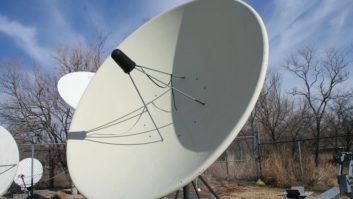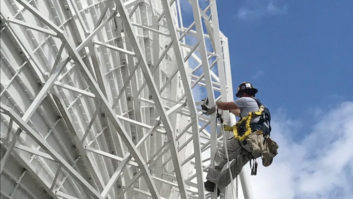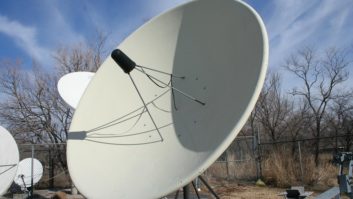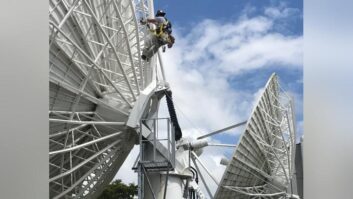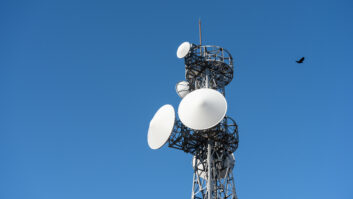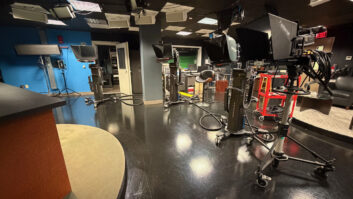The author is director of engineering services for the Alabama Broadcasters Association.
Prince Hamlet spoke the words “To be, or not to be, that is the question.” Today the question is “to lump sum or not.”
U.S. broadcasters and cable systems that utilize a C-Band satellite system to receive programming must each answer that question, and do so by Sept. 14.
As you probably know, these changes to your satellite system are due to a pending FCC auction of the lower half of the C-Band spectrum to broadband operators for 5G operation. And there have been many articles written over the last several months about this repack and the technical upgrades that will have to be completed to your satellite system.
But there’s still a lot of confusion over whether a user should take an FCC-authorized lump sum payment (about $8,900 for most people reading this), which is enticing but will require the owner then to pay for any upgrades needed to their satellite system or just let satellite operators do the necessary upgrade with no cost to the station.
Satellite operators will supply and install necessary equipment to have your system compliant (even if it means moving the dish or installing a new one). Changing your inside equipment such as receivers or decoders? That may be required by programmers and is not covered by the FCC payment plan.
During their changes, satellite operators will dual-feed programming to minimize interruption of service.
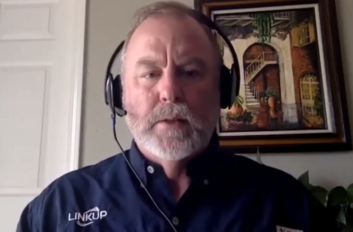
In a recent webinar from the Alabama Engineering Academy, available here for your viewing, Mark Johnson of Linkup Communications did a great job of untangling some of the confusion. (The discussion is not just for Alabama stations.)
He warned operators to do their homework on what upgrades will be needed before making the final decision. “Everybody doesn’t have the same situation.”
Unforeseen situations with your satellite system could exhaust the lump sum amount, leaving the operator paying the overage out of pocket. Older satellite equipment may not compliant; replacement parts may no longer be available.
“There’s a lot of antennas out there that are no longer manufactured,” he said during the webinar. “If for some reason there’s something wrong with your feed assembly, you take the lump sum you’re responsible for that.” And the FCC, he said, has been very clear: The lump sum irrevocably surrenders your right to ask for additional reimbursement.
Among the insights he shares is what happens next if you don’t take the lump sum, and how long he thinks it’ll take to receive reimbursement. That starts at about the 57 minute point of the video.
Should you decide to take the lump sum, stations are encouraged not to put the funds in the general operating budget. Put it in a separate account or shoe box under the bed. It would be too tempting to use it for current expenses, but then when the work is done, guess who has to come up the money?
In addition, if you decide to receive the lump sum, you must notify the FCC by the Sept. 14 deadline and answer a number of technical questions. Johnson covered the needed information during the webinar.
Finally, what if you failed to register your dish in 2018? Unfortunately the FCC has not indicated that they will open a new window for stations that did not register their dish in 2018 to do so. That means you are not eligible for any reimbursement, including the lump sum.
Find more articles on this topic including information about other resources here.
